5 places to admire art nouveau and art deco in The Hague
1) Heilige Antonius Abtkerk
Unimpressive on the outside, but very expressive on the inside. A group of artists related to symbolism and art deco, is responsible for the rich interior of the Heilige Antonius Abtkerk. Centrepiece is the largest mosaic to be found in the Netherlands by Antoon Molkenboer, depicting Scheveningen residents praying during a cholera outbreak in 1848.
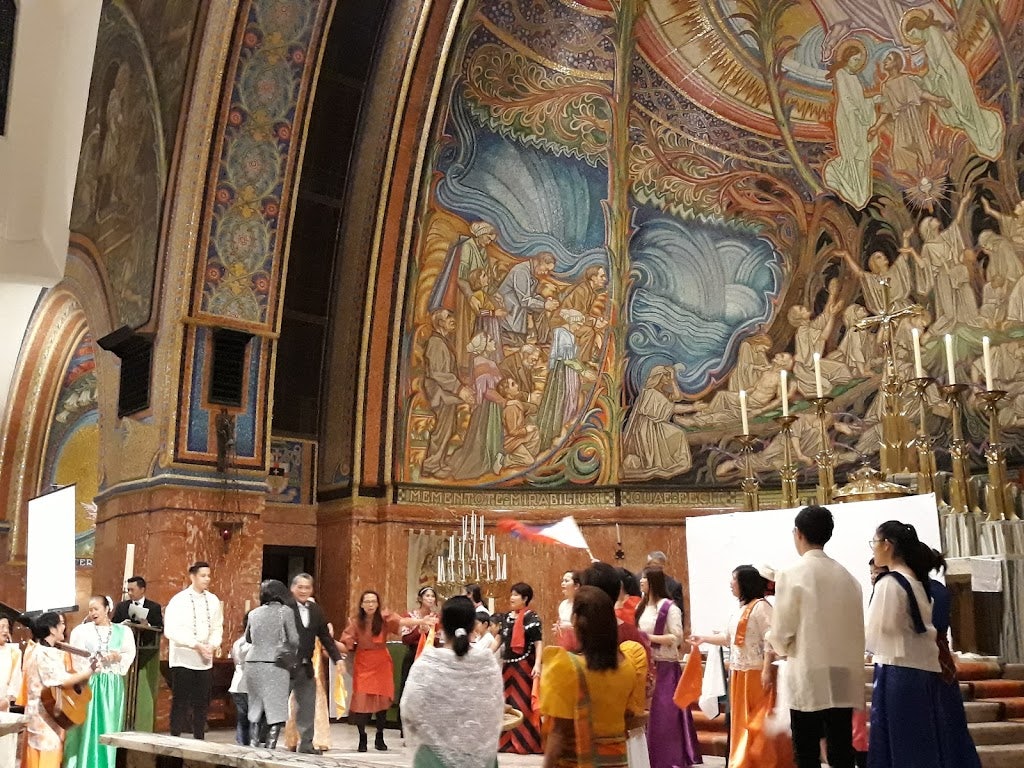
2) Noordeinde
After Brussels, The Hague boasts most art nouveau buildings. Especially high-end retailers, who set up new businesses around 1900 in the fast-growing city, commissioned art nouveau façades and entrances. That is why you find many examples in downtown shopping streets, such as Kettingstraat, Hoogstraat, Korte Poten and, above all, Noordeinde (e.g. at numbers 41-43, 44-46, 164).
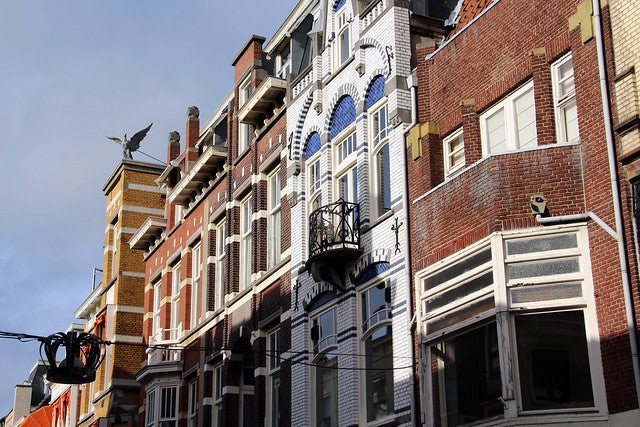
More hidden secrets of The Hague?
This guide lists 500 hidden places to eat, drink, sleep, discover, and more. Go off the beaten track in The Hague. Available now in our bookshop.
3) Huis van Lorrie
One of the earliest and best-kept examples of Dutch art nouveau, is the so-called House of Lorrie. Not only the façade, but also the interior and the furniture have been designed in this turn-of-the-century style. Architect and contractor Lorrie commissioned the office annex private residence in 1896. Still private today, only the richly decorated exterior is on display. The brass mailbox is probably the most photographed one in town.
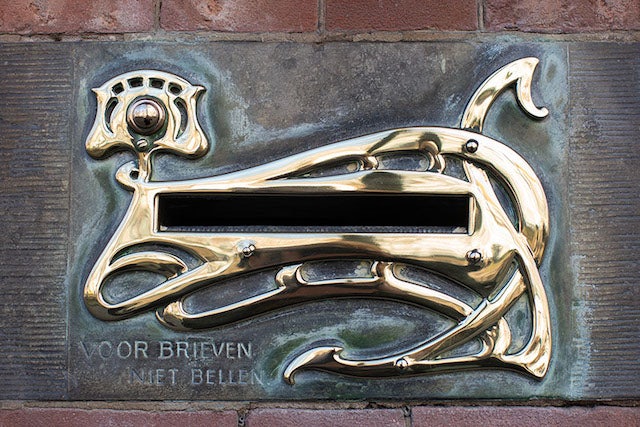
4) Laan van Meerdervoort
The impressive row of 13 houses designed by architect Jan Olthuis was constructed in 1900-1901. The limestone façades have been decorated with meandering sculptures with floral motives. Expect curving balconies, half-round windows, merlons, gables, and plenty of ornaments. Vintage art nouveau!
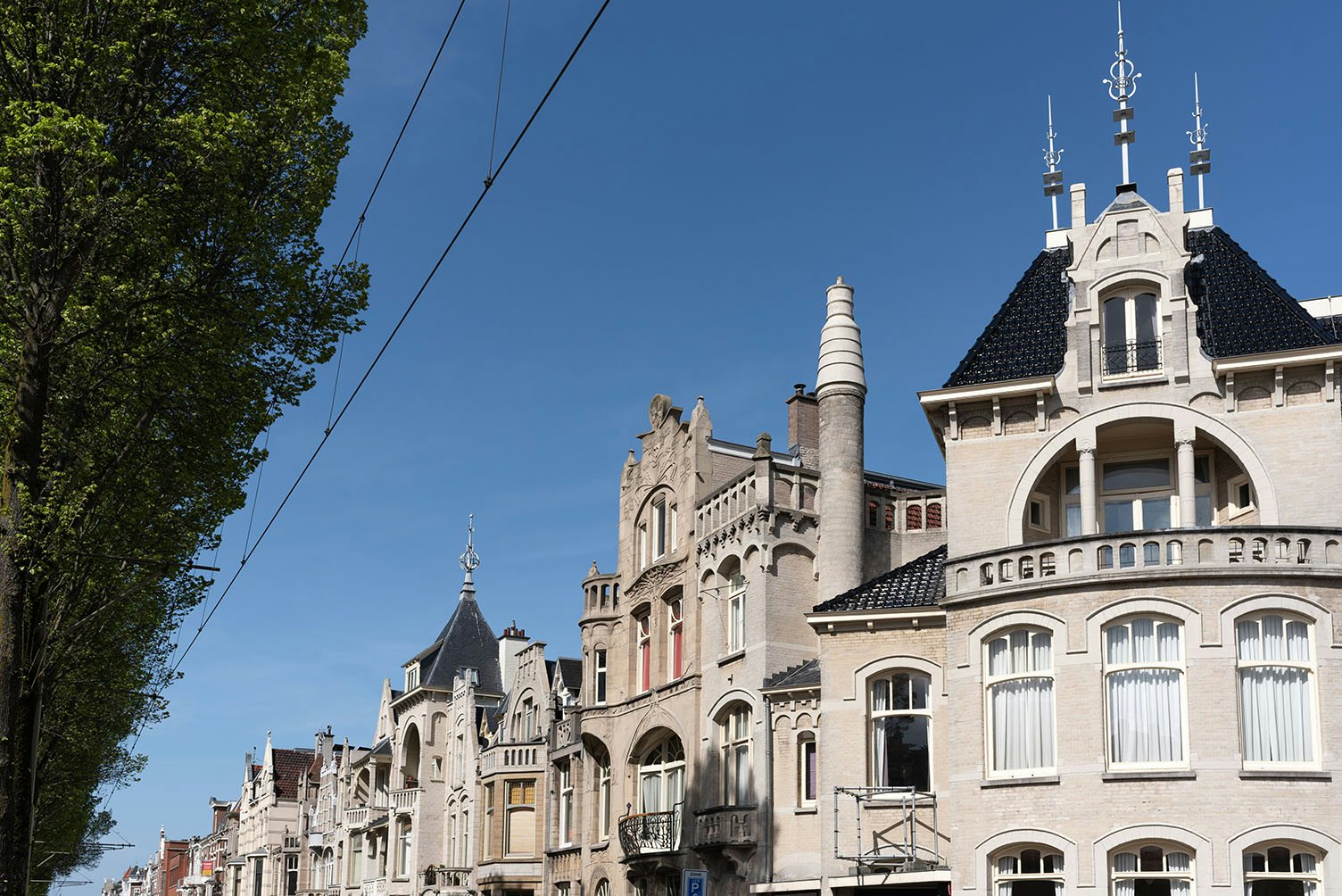
Tal Maes
5) Huis de Zeemeeuw
This is truly the most beautiful art nouveau villa in the Netherlands. Exterior and interior have been designed by Belgian architect Henry van de Velde, who created a Total Work of Art. The asymmetric exterior has been moulded around the central hallway and staircase, which have been decorated with a large sgraffito (wall decoration) by Johan Thorn Prikker. Unfortunately, it can only be admired on the outside.
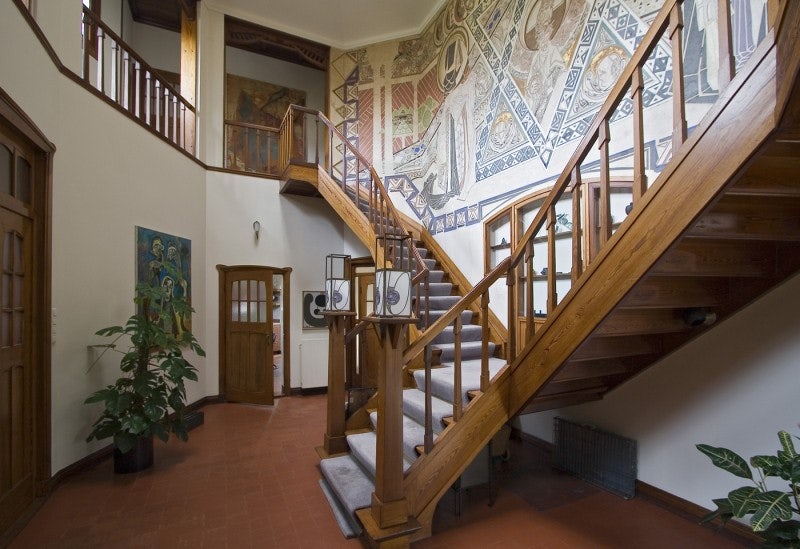
More hidden secrets of The Hague?
This guide lists 500 hidden places to eat, drink, sleep, discover, and more. Go off the beaten track in The Hague. Available now in our bookshop.
JOIN THE HIDDEN SECRETS SOCIETY
Unlock a world of hidden gems. Sign up for free and gain access to over 4,000 addresses on our website. Plus, enjoy a 10% discount on all print guides and ebooks. Start exploring today!
Already a member? Log in. |
New here? Sign up. |